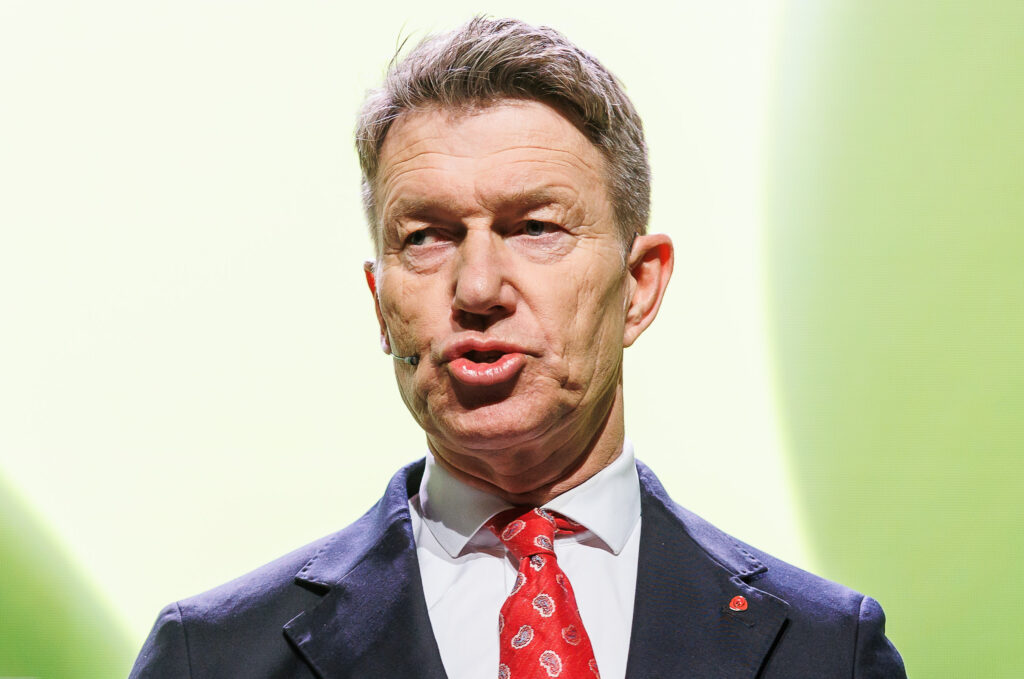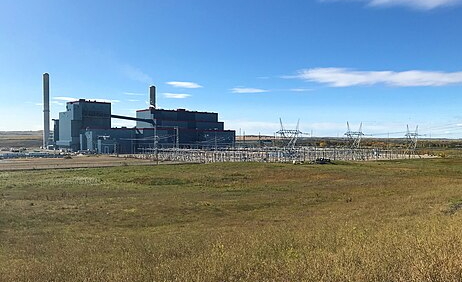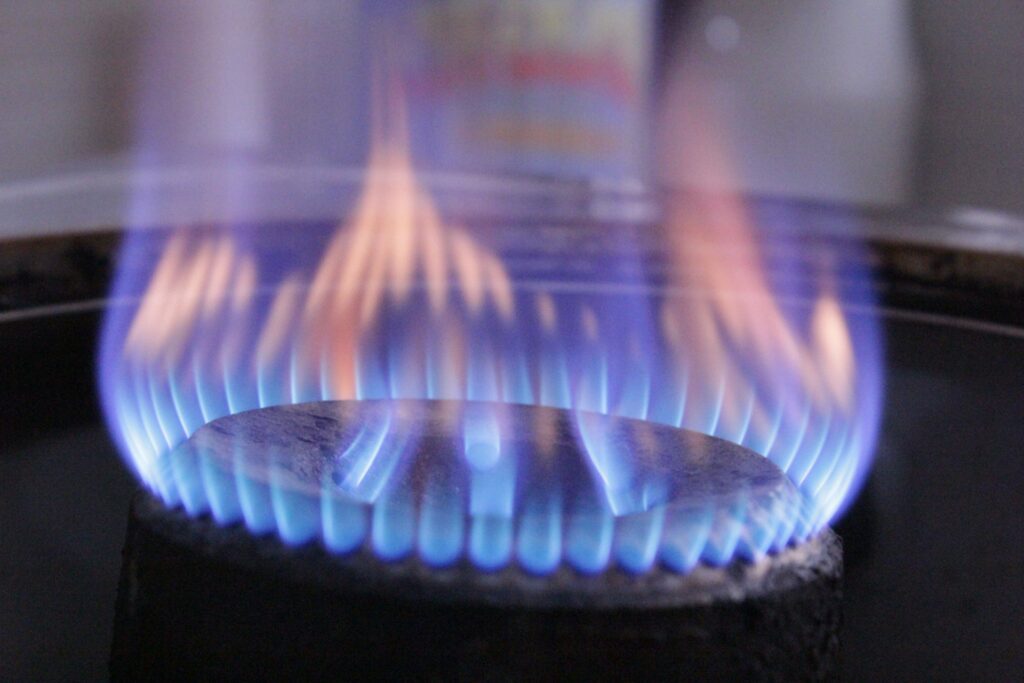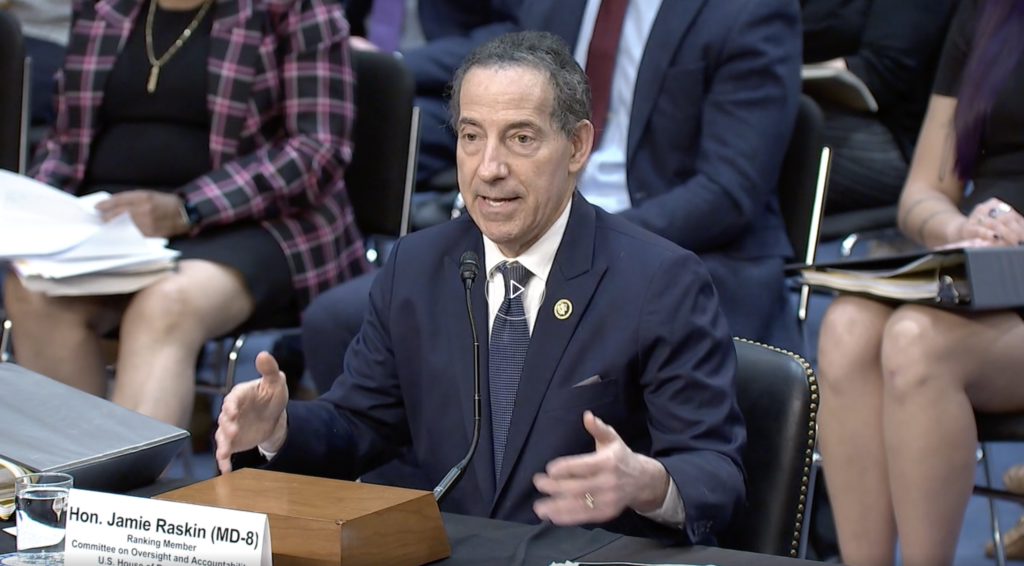Deutsche Bank’s Climate Change Advisors released an excellent report this week drawing the “clear conclusion” that “the primary claims of the skeptics do not undermine the assertion that human-made climate change is already happening and is a serious long term threat.”
The report, “Climate Change: Addressing the Major Skeptic Arguments,” deftly refutes each of the major conspiracy howlers often made by climate skeptics and deniers – that global warming is a hoax, that the globe has been cooling since 1998, that higher temperatures caused by CO2 emissions will be good for people and agriculture, and of course the Climategate nonsense alleging climate scientists are part of a grand conspiracy.
“The claims of conspiracy are not borne out by the facts,” the report states.
The bank’s Climate Change Advisors, working with the Columbia University Climate Center at the Earth Institute, easily debunked each of the denier myths, and noted that extensive scientific studies have confirmed the world is facing a long-term climate threat.
“Furthermore, due to the persistence of carbon dioxide in the atmosphere and the lag in response of the climate system, there is a very high probability that we are already heading towards a future where warming will persist for thousands of years. Failing to insure against that high probability does not seem a gamble worth taking,” the report states.
Deutsche Bank is investing heavily in clean energy projects around the world, shifting the focus of its vast $700 billion in assets towards finding viable solutions to the climate threat. The bank is ditching 19th century coal burning technology, noting that “clean coal” is a myth too.
“Coal is basically out of the game,” according to Mark C. Lewis, Deutsche Bank’s managing director of its Global Carbon Markets desk.
But the United States is largely losing out on the momentum generated by Deutsche Bank’s investments, due to the lack of a coordinated national plan to confront climate change in the U.S.
While Deutsche Bank is financing some Minnesota wind farms, the United States is receiving far less attention from the bank than it might have if there were climate legislation on the books.
Kevin Parker, global head the Deutsche Asset Management Division, bluntly describes why the U.S. isn’t on the bank’s radar. “They’re asleep at the wheel on climate change, asleep at the wheel on job growth, asleep at the wheel on this industrial revolution taking place in the energy industry,” Parker says.
While Germany, Italy, Spain and China are enjoying large direct investments by Deutsche Bank out of its $7 billion expressly committed to climate investments, only $45 million is being invested in the United States.
Subscribe to our newsletter
Stay up to date with DeSmog news and alerts





